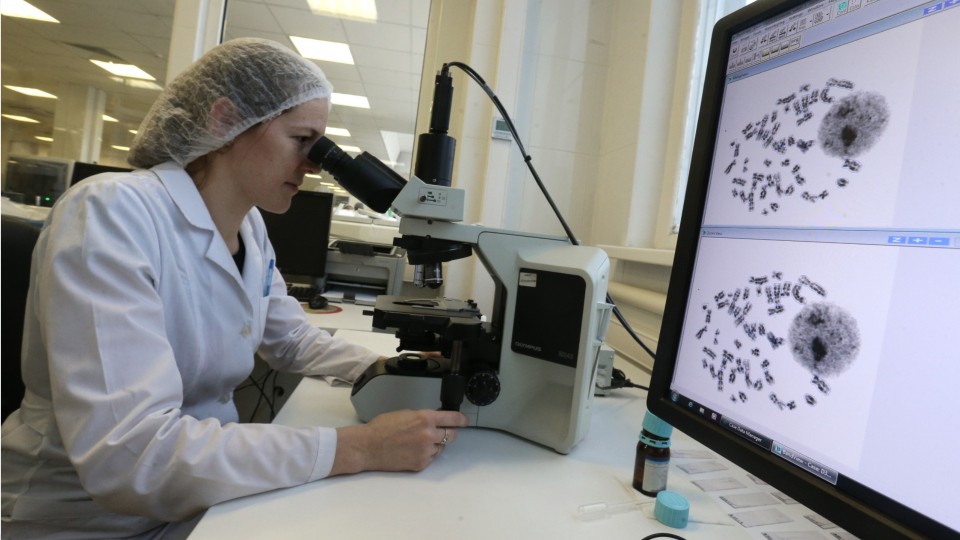Epidemiologists
Epidemiologist, Infection Control Practitioner (ICP), Nurse Epidemiologist, Research Epidemiologist
 Select a military branch to see samples.
Select a military branch to see samples.
Aerospace Medicine Physician Specialist; Aerospace Medicine Physician Specialist, Space Medical Operations Experienced; Biomedical Laboratory, Environmental and Industrial Hygiene Chemistry; General Medicine Officer (GMO) Flight Surgeon, Fighter; Occupational Medicine Physician; Pathologist, Pediatric; Pilot-Physician, General; Public Health Apprentice; Residency Trained Flight Surgeon; Residency Trained Flight Surgeon, Fighter
Army Public Health Nurse; Clinical Laboratory; Entomology; Infectious Disease Officer; Microbiology; Nurse Corps Officer; Pathologist; Preventive Medicine Officer; Preventive Medicine Specialist; Veterinary Corps Officer
No similar titles were found.
No similar titles were found.
Entomologist; Internist; Microbiologist; Pathologist; Physiologist; Preventive Medicine Officer; Preventive Medicine Officer (Public Health); Preventive Medicine Technician
No similar titles were found.
What they do:
Investigate and describe the determinants and distribution of disease, disability, or health outcomes. May develop the means for prevention and control.
On the job, you would:
- Communicate research findings on various types of diseases to health practitioners, policy makers, and the public.
- Oversee public health programs, including statistical analysis, health care planning, surveillance systems, and public health improvement.
- Investigate diseases or parasites to determine cause and risk factors, progress, life cycle, or mode of transmission.
Knowledge
Math and Science
- arithmetic, algebra, geometry, calculus, or statistics
- biology
Arts and Humanities
- English language
Health
- medicine and dentistry
Engineering and Technology
- computers and electronics
Skills
Basic Skills
- reading work related information
- thinking about the pros and cons of different ways to solve a problem
Problem Solving
- noticing a problem and figuring out the best way to solve it
People and Technology Systems
- thinking about the pros and cons of different options and picking the best one
- figuring out how a system should work and how changes in the future will affect it
Abilities
Verbal
- listen and understand what people say
- read and understand what is written
Ideas and Logic
- make general rules or come up with answers from lots of detailed information
- notice when problems happen
Math
- choose the right type of math to solve a problem
- add, subtract, multiply, or divide
Visual Understanding
- see hidden patterns
Personality
People interested in this work like activities that include ideas, thinking, and figuring things out.
They do well at jobs that need:
- Adaptability
- Achievement Orientation
- Cooperation
- Intellectual Curiosity
- Cautiousness
- Integrity
Technology
You might use software like this on the job:
Analytical or scientific software
- StataCorp Stata
- World Health Organization HealthMapper
Presentation software
- Microsoft PowerPoint
Geographic information system
- Esri ArcGIS
- Geographic information system GIS software
Education
Education: (rated 5 of 5)
master's degree or
post-doctoral training
usually needed
post-doctoral training
usually needed
Job Outlook
Bright
New job opportunities are very likely in the future.
Explore More
- Clinical Nurse Specialists
- Geneticists
- Medical Scientists
- Physicians, Pathologists
- Preventive Medicine Physicians
You might like a career in one of these industries:
See more details at O*NET OnLine about Epidemiologists.






